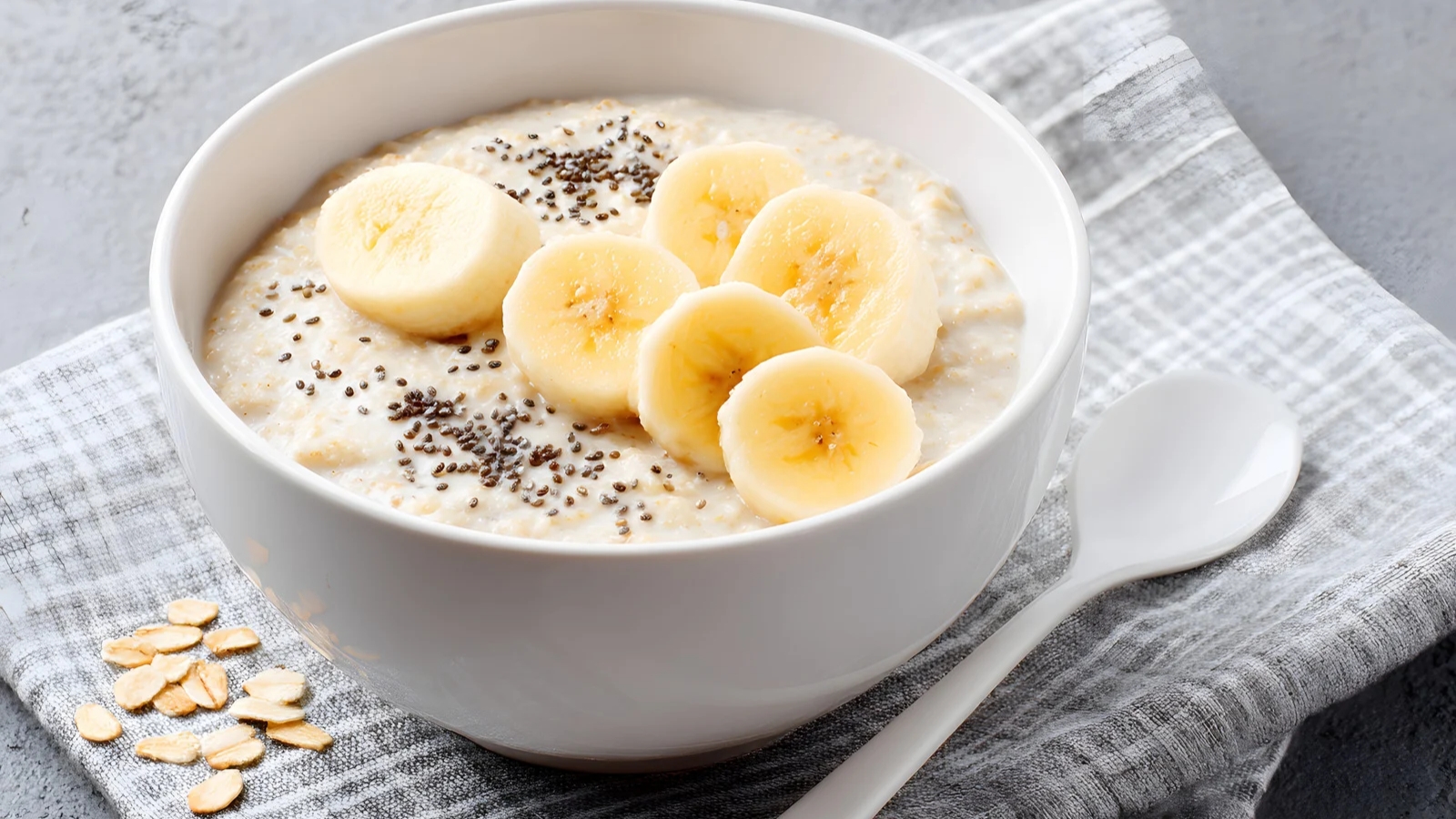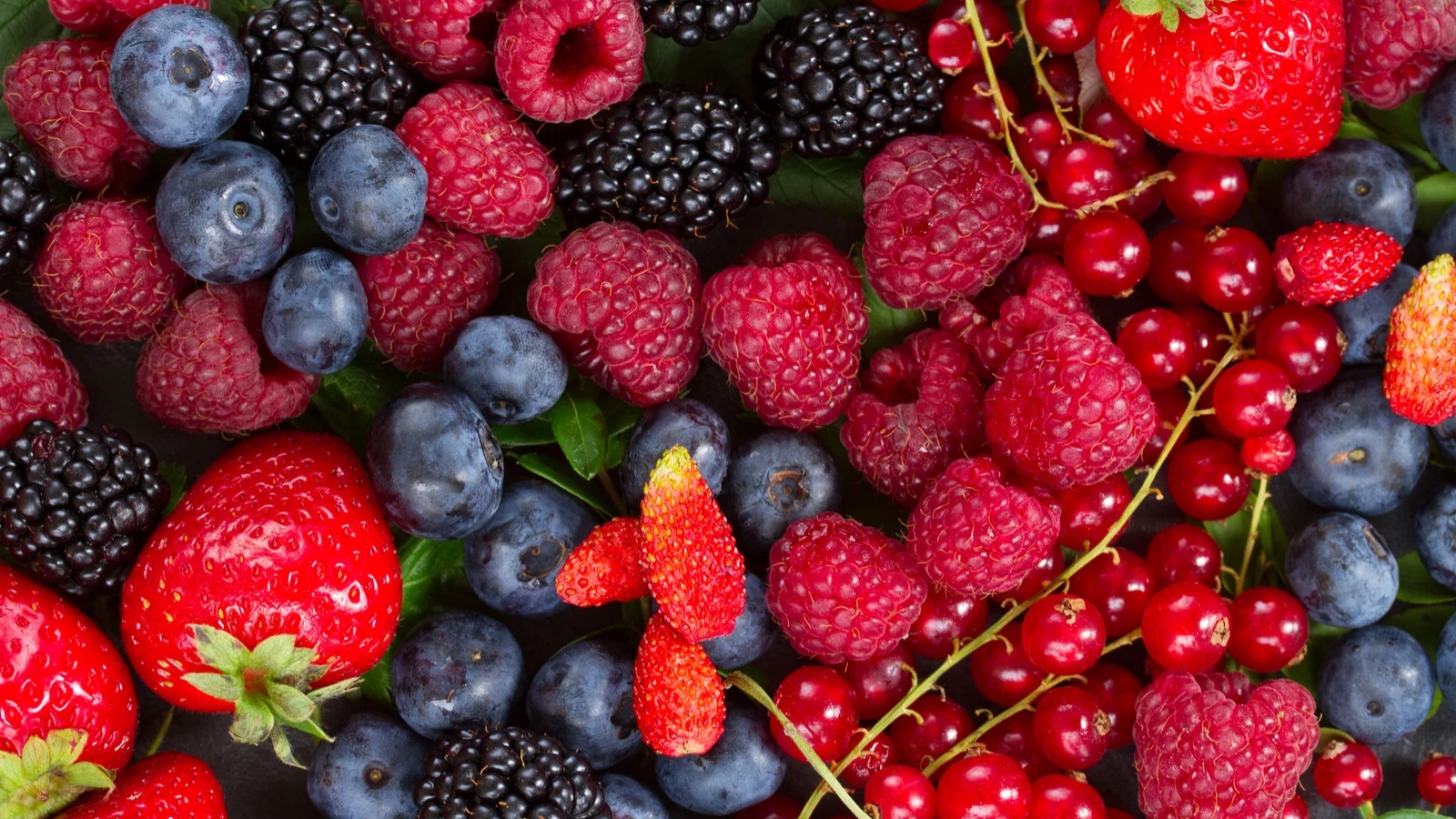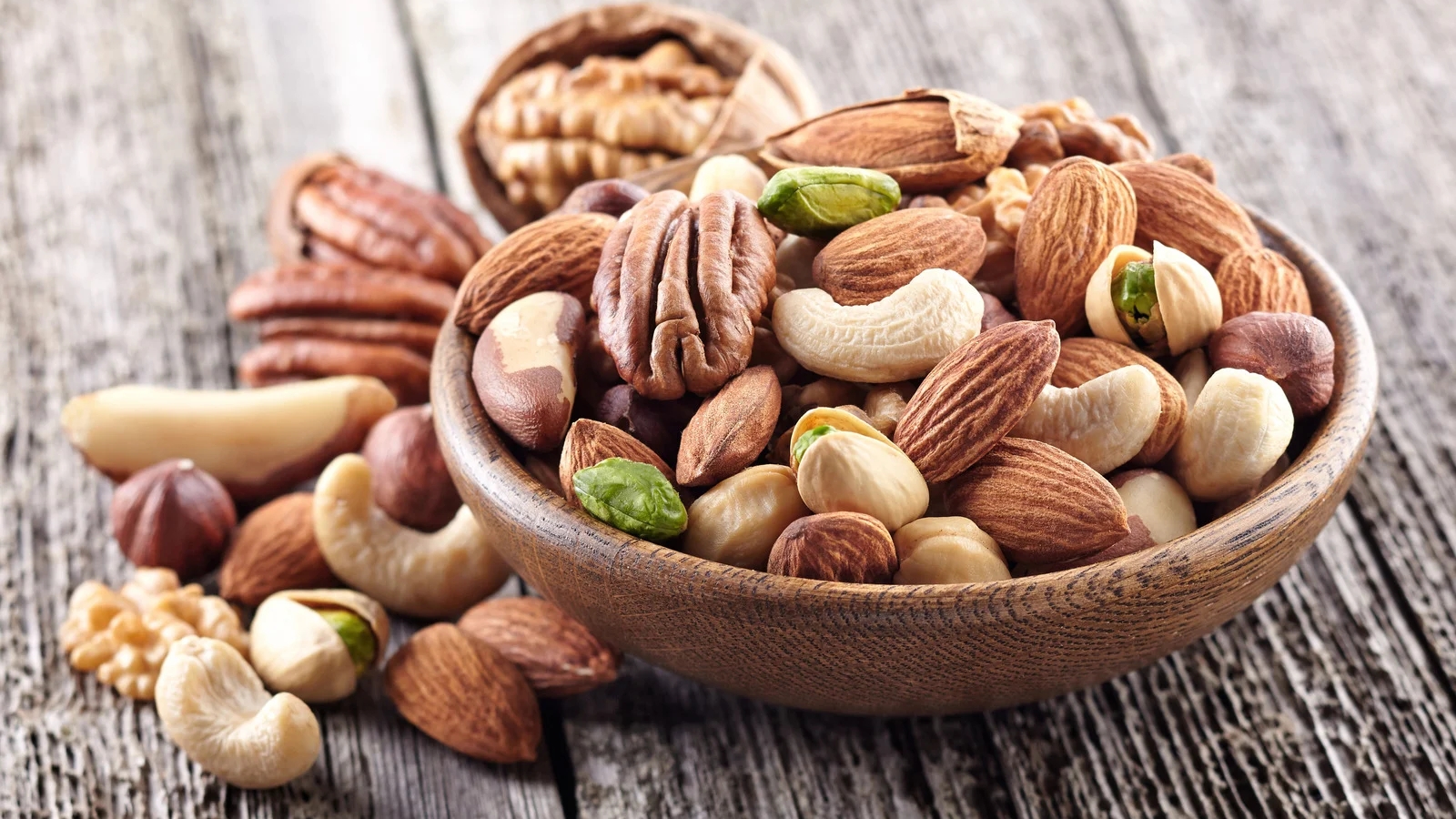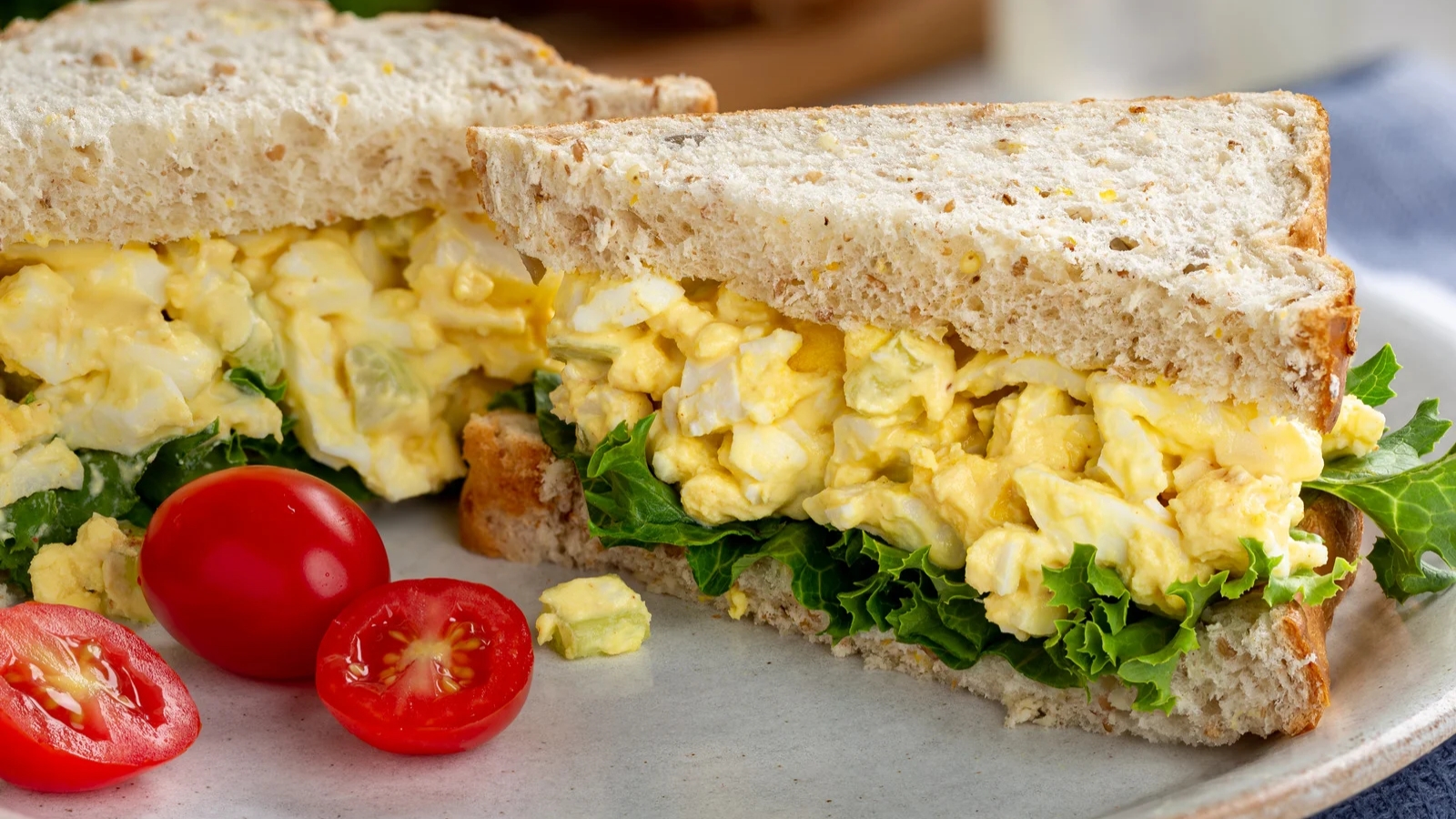Starting your day with a heart-healthy breakfast can do more than boost your energy—it can also help lower cholesterol and support long-term cardiovascular wellness. The foods you eat in the morning set the tone for your metabolism, digestion, and energy levels throughout the day. Choosing ingredients rich in fiber, healthy fats, and antioxidants can make a meaningful difference in keeping your heart strong and your cholesterol balanced.
Cholesterol itself isn’t all bad. Your body needs it for hormone production and cell health, but an excess of LDL (bad) cholesterol can build up in arteries and increase the risk of heart disease. The good news is that many everyday foods can help lower LDL while raising HDL (good) cholesterol naturally.
Here are eight delicious, easy-to-find breakfast foods that support heart health and help lower cholesterol levels.
1. Oatmeal
Oatmeal is one of the best-known breakfast foods for lowering cholesterol. It’s packed with soluble fiber, particularly beta-glucan, which helps trap cholesterol in the digestive tract and remove it from the body before it’s absorbed into the bloodstream.
Eating oatmeal regularly can help reduce LDL cholesterol and keep your arteries clear. It’s also slow-digesting, meaning it provides steady energy without spikes in blood sugar.
Try these easy ways to enjoy oatmeal:
- Cook rolled or steel-cut oats with low-fat milk or water.
- Add fruits like apples, bananas, or blueberries for extra fiber and antioxidants.
- Sprinkle nuts or chia seeds on top for healthy fats.
2. Avocados
Avocados are rich in monounsaturated fats, which help raise HDL (good) cholesterol and lower LDL (bad) cholesterol. They also contain potassium and fiber, both important for blood pressure control and digestion.
Eating avocado in the morning is a simple way to support heart health while keeping you full for longer. The healthy fats in avocados help regulate cholesterol and reduce inflammation in the arteries.
Ways to enjoy avocados for breakfast:
- Spread mashed avocado on whole-grain toast with a sprinkle of black pepper.
- Add slices to an egg sandwich made with whole-grain bread.
- Blend avocado into a smoothie with spinach and banana.
3. Berries
Berries such as blueberries, strawberries, and raspberries are loaded with antioxidants that help protect blood vessels from oxidative damage. They also contain soluble fiber that helps manage cholesterol levels by preventing LDL from being absorbed into the bloodstream.
Their natural sweetness makes them an excellent substitute for sugary toppings or processed breakfast foods. Regularly including berries in your breakfast supports heart health and digestion while keeping your meal light and satisfying.
Easy ideas for breakfast:
- Add berries to oatmeal or yogurt.
- Blend them into a smoothie.
- Use them as a topping for whole-grain pancakes or chia pudding.
4. Nuts
Nuts like almonds, walnuts, and pistachios are excellent for heart health. They contain unsaturated fats, fiber, and plant sterols that help lower LDL cholesterol. Regular nut consumption has been linked to better cholesterol balance and a lower risk of heart disease.
A small handful in the morning adds crunch, flavor, and essential nutrients like magnesium and vitamin E. Keep portion sizes moderate since nuts are calorie-dense.
Ways to include nuts in your breakfast:
- Sprinkle chopped walnuts on oatmeal or yogurt.
- Mix almonds into a smoothie for texture.
- Pair pistachios with fruit for a balanced snack.
5. Chia Seeds
Chia seeds are tiny but mighty. They’re high in soluble fiber and omega-3 fatty acids, both of which help reduce cholesterol and inflammation. The fiber in chia seeds forms a gel-like consistency in your digestive tract, which helps trap cholesterol and promote healthy elimination.
These seeds also keep you full for hours, making them an ideal addition to any breakfast.
Simple ways to eat chia seeds:
- Mix chia seeds with almond milk to make chia pudding.
- Stir them into oatmeal or yogurt.
- Add them to smoothies for extra texture and nutrients.
6. Whole-Grain Bread
Whole grains like oats, quinoa, and barley are excellent sources of soluble fiber that help lower LDL cholesterol. Whole-grain bread made from these ingredients provides complex carbohydrates that release energy slowly, preventing spikes in blood sugar and supporting sustained focus throughout the morning.
Replacing white bread with whole-grain bread is one of the simplest dietary swaps you can make for better heart health. It pairs well with many heart-friendly toppings for a filling breakfast.
Try these combinations:
- Whole-grain toast topped with avocado and sliced tomato.
- Peanut or almond butter with sliced banana.
- Scrambled eggs and spinach on whole-grain toast.
7. Greek Yogurt
Greek yogurt is rich in protein and calcium, which help support muscle and bone health, but its benefits extend to heart health as well. Choosing nonfat or low-fat plain Greek yogurt keeps saturated fat low, which helps maintain healthy cholesterol levels.
It also supports digestion with probiotics that can promote a balanced gut microbiome—something research increasingly links to heart health.
Ways to enjoy Greek yogurt for breakfast:
- Mix it with fruit like berries or kiwi.
- Add flax or chia seeds for extra fiber.
- Use it as a base for smoothies or parfaits.
8. Apples
Apples are an easy, accessible, and effective food for lowering cholesterol. They’re high in pectin, a type of soluble fiber that binds to cholesterol in the gut and helps remove it from the body. Apples also provide antioxidants like quercetin that support vascular health.
Eating apples regularly supports a healthy balance of cholesterol while keeping your digestion smooth and appetite controlled.
Ways to enjoy apples in the morning:
- Slice them into oatmeal or cereal.
- Combine them with yogurt and nuts.
- Eat one with a spoonful of peanut or almond butter.
How These Foods Help Lower Cholesterol
Each of these foods works in different ways to support healthy cholesterol levels:
- Soluble fiber binds to cholesterol and removes it from the digestive system before it enters the bloodstream.
- Healthy fats in avocados, nuts, and seeds help raise HDL cholesterol while lowering LDL.
- Antioxidants in fruits like berries and apples protect blood vessels from oxidative stress.
- Whole grains improve digestion and help maintain steady blood sugar levels, which also supports healthy cholesterol regulation.
By combining several of these foods into your breakfast routine, you can strengthen your heart and reduce your risk of cardiovascular problems over time.
Conclusion
Starting your morning with the right foods is a simple and effective way to support heart health and lower cholesterol. Meals built around oats, fruits, nuts, seeds, and whole grains provide fiber, healthy fats, and antioxidants that nourish your body and protect your heart.
Small daily changes can make a lasting impact. Choosing oatmeal over pastries, or adding avocado instead of processed spreads, helps keep cholesterol in check and gives you more energy throughout the day. Begin your mornings with these heart-healthy foods, and your heart will thank you in the long run.








